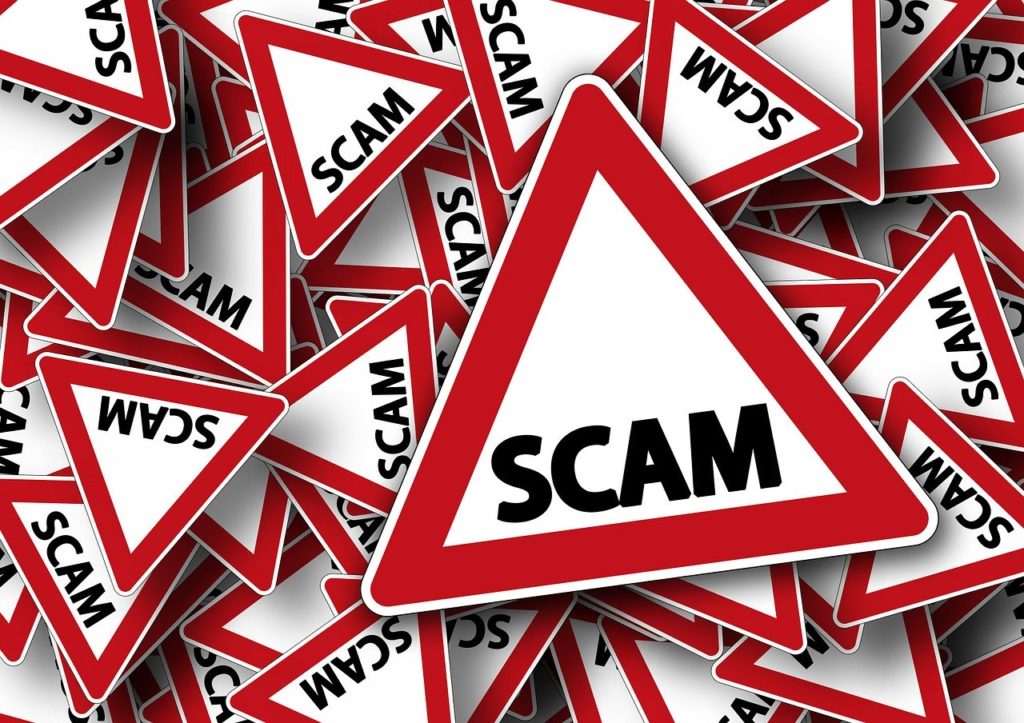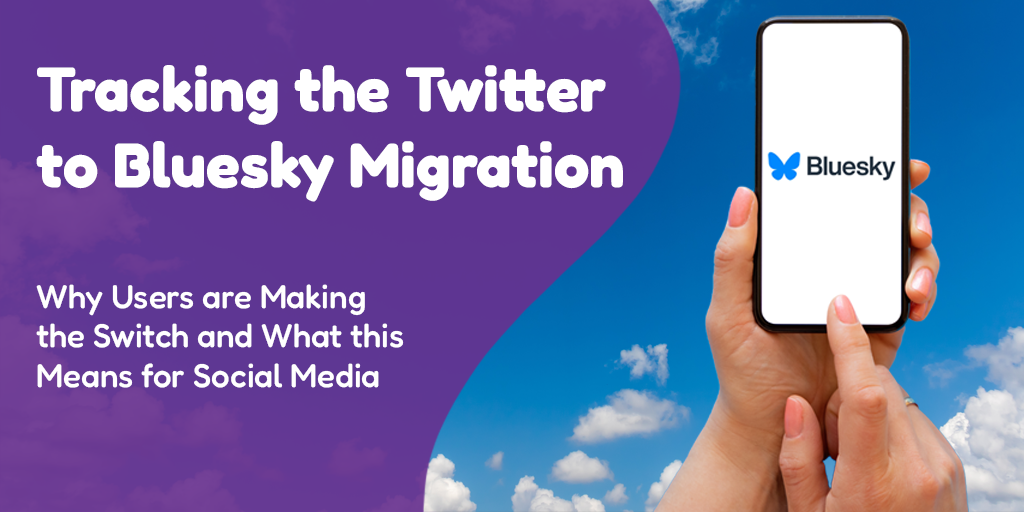 Posted by Aimee Cozza on January 7th, 2021
Posted by Aimee Cozza on January 7th, 2021A fun new scam is cropping up, similar to the scary sounding spam about infringing photos which phishes you for sensitive information, but this one seems a little less nefarious. Instead of looking to capture your sensitive data, “scammers” (likely more like black-hat SEOs) write to you posing as a client or “on behalf of” a client, claiming you are using one of their copyrighted photos on your website without their permission. A client recently forwarded one of these emails to us, which made us aware of the backlink scam. Here’s how the email went:
Hello there,
You are using my client’s image in one of your articles url.com
We’re glad that it’s of use to you.
There’s no issue if you’ve bought this from one of our market partners.
However, if you don’t have the proper license for the image, then we request a clickable image credit link to [Company Name] (clickable link to https://url.com/) at the bottom of your article.
You can learn how to properly give attribution here.
Unfortunately, removing the image isn’t the solution since you have been using the image on your website for a while now.
Feel free to ask any questions that you may have.
Regards,
[Name]
Client Relations Team
[Company]
Now, there are a few things that stink here. The first is that the client is not writing in themselves. We’ve done this before on behalf of our own clients, but with proof that images were legitimately owned and/or taken by our clients, so it didn’t stink as badly as some of the other areas. The next was the image they allege was used was actually taken from free stock site Pixabay, which requires no attribution. After that, they say that removing the image from the website “isn’t a solution” since it’s been on there for some time — a true takedown request would give the option of full removal. Still, asking for a link back for your own content is not that bizarre, however, being aware of where you procure your images is important, and ensuring you’re not ripping things off that are owned by others is equally as important. Remember that if you’re only using original content and stock sites, you will always be able to tell when these are scams.
This is not a legal request
It’s important to note that, regardless of whether or not this is a true accusation, it’s not a legal request. An actual, true take down request comes in the form of a Digital Millenium Copyright Act takedown request. A true DMCA request requires that the content be removed, and does not ask for a link back. A DMCA request can be sent to the site owner (if available), then worked up to the hoster, and then the domain, if the content still is not removed. It is a legal request, and the hoster legally would need to hold you accountable and remove the offending material, or request you remove it at risk of shutting down your website if you fail to comply. One can simply ignore a request such as this one and await a DMCA if the accusations are true.
What benefit does the scammer get?
Backlinks are an often forgotten generator of what we call “link juice” that can help you move up or down on the search engine results page. The concept is easy: more sites linking to you means that your site is more worth reading, therefor you deserve to be elevated on the SERP. However, it’s not as clear cut as that. Back in the early days of the web, of course, it actually was this clear cut, and you could shoot to the #1 spot on Google by spamming people with your link in comments or other indexable areas on a site. However, there’s much more to consider now. A domain has a certain amount of “authority” (a term coined and calculated by Moz for SEO usage), or a quality ranking. You want to get high quality domains to link to your domain, which will help raise the quality ranking of your own domain. This works the other way, too. A bunch of low-quality links linking to your site can decrease the authority value of your domain/site. Climbing to a great authority for your site is not easy work, so you have to be wary of those asking for backlinks all willy nilly.
That’s not to say that linking out isn’t important, because it is. When referencing things in your posts, it’s important to link both internally and externally to help deliver Google and give meaning to your pages and posts.
Still, if someone you don’t know asks you to link back to their site and you definitely haven’t used their content, be wary, take a step back, do your research, and decide whether it’s worthwhile to link back and potentially ding your own site.



